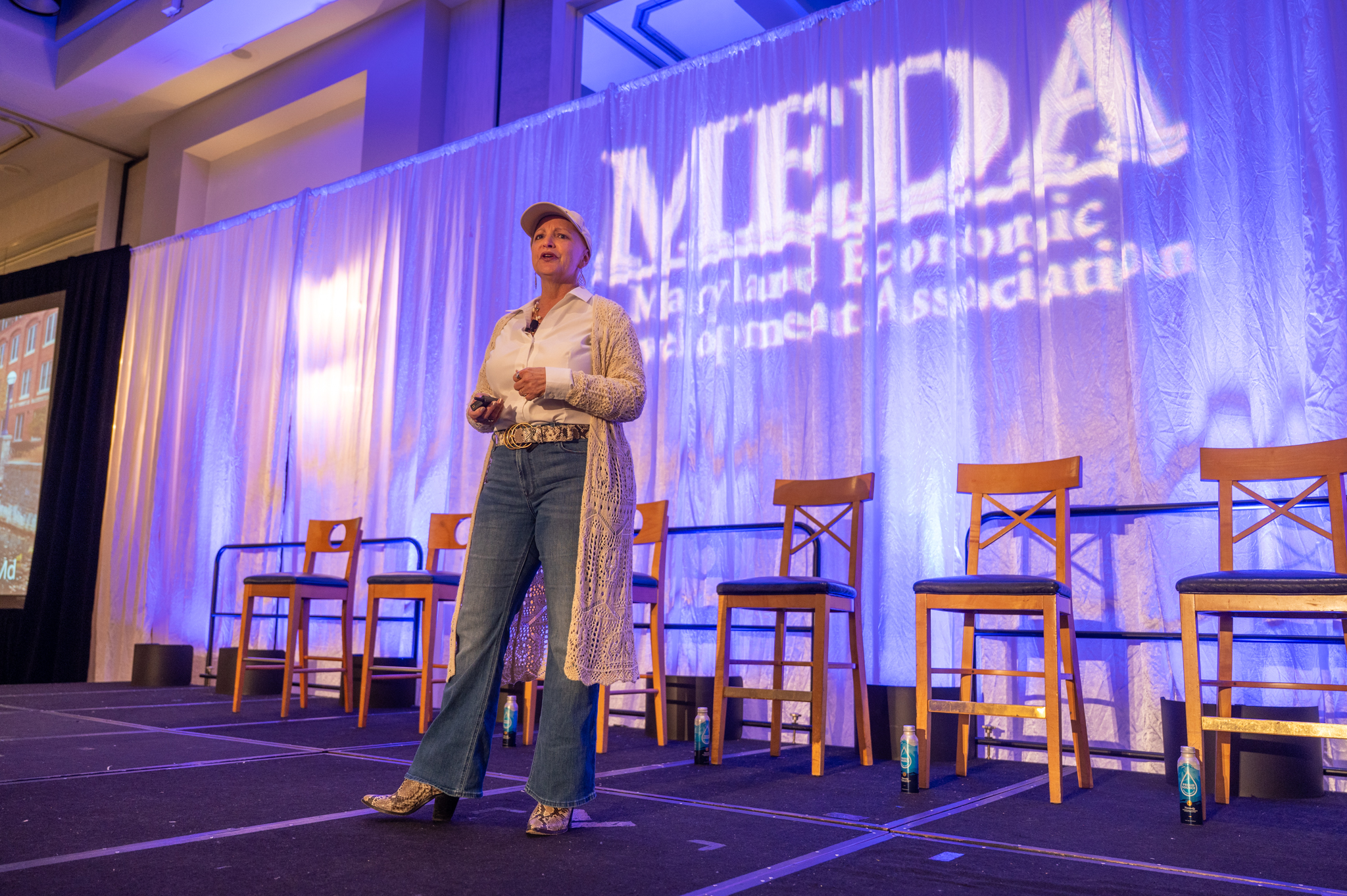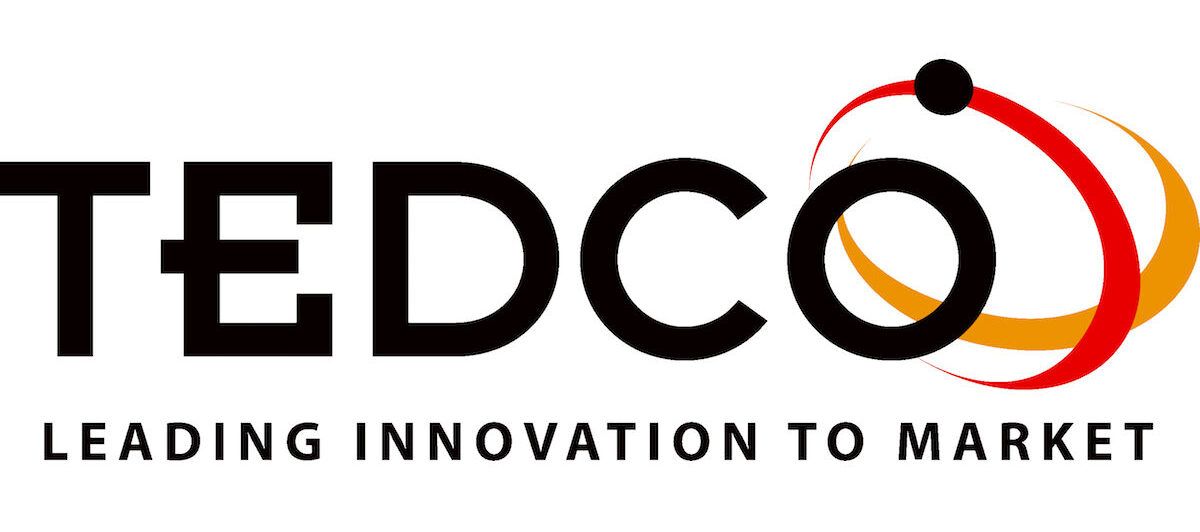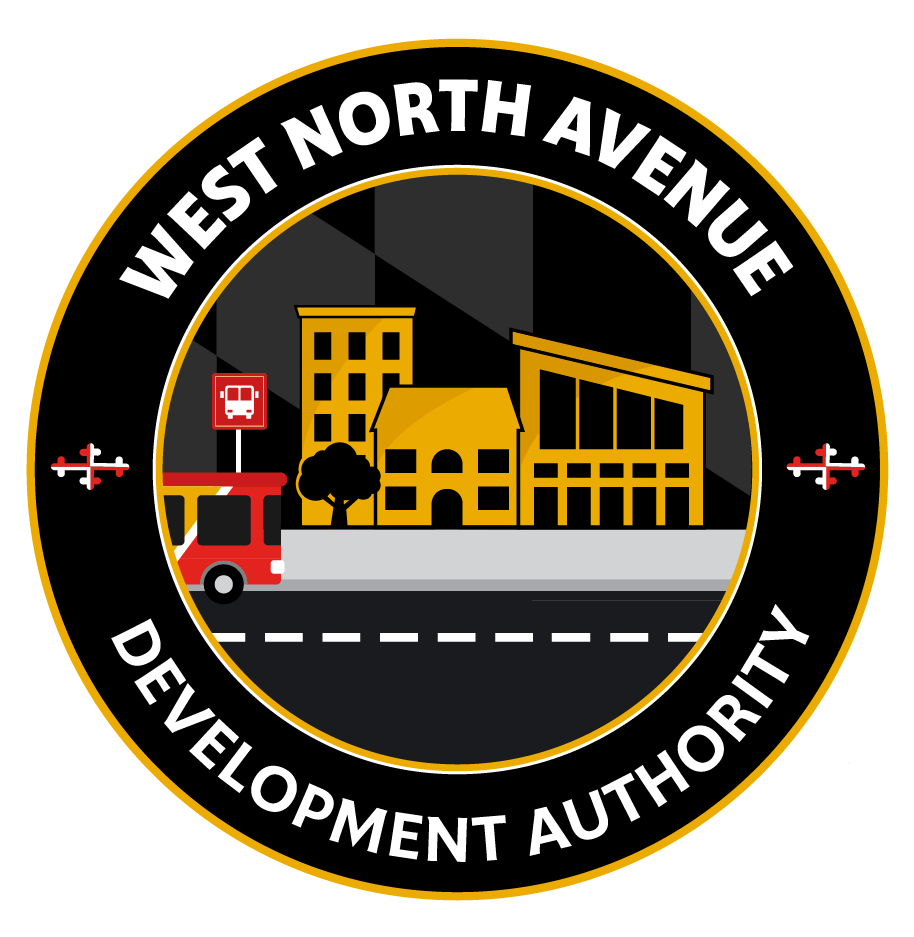Guest Blog: Collaboration Wins When the North Star Is Clear
This blog was written by Kayla Sherry, a new MEDA Member and Social Media Coordinator at PPR Strategies.
As the 2025 MEDA Annual Conference came to a close, our final keynote speaker challenged us to think differently about regional collaboration. Julie Lenzer, Chief Innovation Officer at the Advanced Regenerative Manufacturing Institute (ARMI), delivered her thought-provoking presentation with candid, practical advice.
Drawing from her experience in federal leadership, higher education, and entrepreneurship, Lenzer asked a question that immediately framed her session’s conversation: “How do you find your North Star in a universe of constellations?” It was a fitting metaphor for the theme of her talk: how regions can achieve success by defining what matters most to them, then building deliberately toward it.
Lenzer made it clear that there’s no one-size-fits-all solution to regional growth, and you might even have to change your focus with time. She referenced the story of Manchester, New Hampshire’s transformation as a compelling example, citing the area’s “jeans to genes” and “textiles to tech” shift over time.
The lesson? Economic development drives the most impact when it’s rooted in a region’s unique assets, history, capabilities, and values. “What is immovable in your community that you can build on?” Lenzer asked. Whether it’s a physical asset, a legacy industry, or a shared cultural identity, successful regions start from what’s already strong.
Lenzer also warned about “black holes” that can derail regional initiatives in economic development. “Ego kills ecosystems,” she shared. “When YOU are more important than the data, that’s a problem. If you care about who gets the credit, that’s a problem.” This mindset can pull collaboration off course, undermining trust and creating fragmentation within your team. Instead, she advocated for a region-first mentality to put shared outcomes over individual recognition. Humility, trust, and transparency are essential ingredients for strong, ongoing partnerships.

Another key theme of the keynote was the power of storytelling in regional development. Lenzer emphasized the importance of clearly communicating a region’s unique assets to successfully and cohesively leverage them. That kind of storytelling goes beyond marketing to align with stakeholders and ensures that everyone, from elected officials to residents, understands the shared vision. Throughout her talk, Lenzer returned to the idea of democratizing innovation—in other words, making sure that good ideas aren’t siloed but shared, scaled, and supported across diverse communities.
As a closing thought, Lenzer referenced MEDA’s own guiding principle: “‘Transforming lives’ isn’t just a tagline; it has to be central to what you’re doing.” That sentiment resonated deeply with attendees in the room. It was a reminder that economic development is about people, not just infrastructure or industry. When we center our work on real outcomes for communities, we don’t just grow economies; we change lives.
Julie Lenzer’s keynote offered a roadmap (and a challenge) for regions to chart their own course with clarity and collaboration. As we bring the Annual Conference takeaways back to our respective roles and communities, we remember her core messages: Define your North Star. Avoid the black holes. Be inclusive. Elevate your assets. Tell your story.



